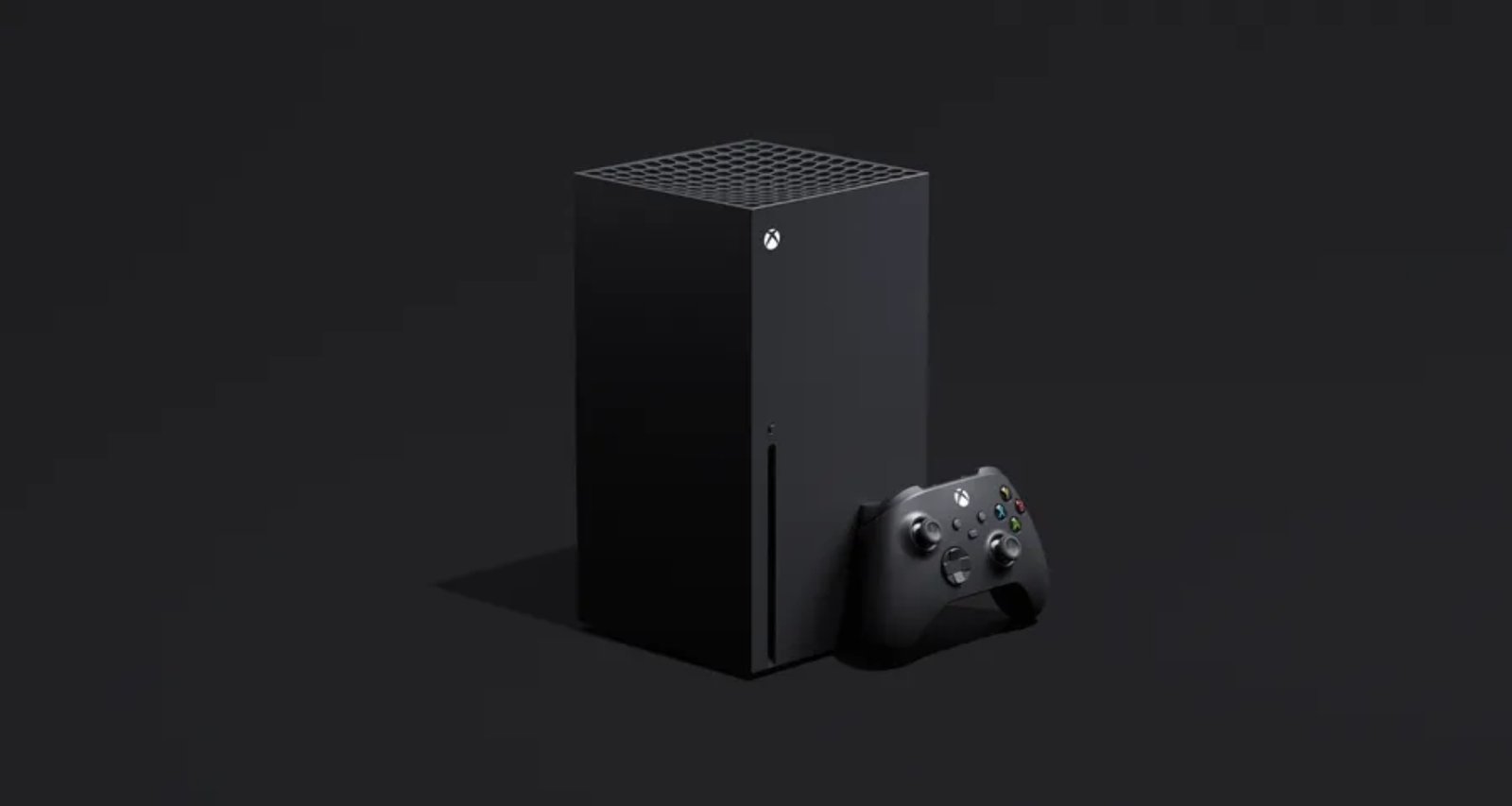Technological advancements come at a price and as the release of the newest gaming consoles approaches, many are wondering whether it is worth it to upgrade to the newest Xbox Series S.
The answer largely depends on what features are most important to the individual as well as how much they are willing to spend. One thing to keep in mind is that the games played on Xbox S will be the same as those played on the Xbox Series X, but they may not look as polished.
That being said, Xbox Series S is a cheaper alternative to the Xbox Series X and still offers many of the same features including fast processing speeds, the ability to play games at 120 frames per second, and support for ray tracing. It is also worth noting that discounts on the cheaper model are often more readily available.
For those on a strict budget or who do not place high importance on graphics, Xbox S Series is a great option that will provide a satisfying gaming experience.
So, should you upgrade to Xbox Series S?
Xbox Series S is the next generation of console gaming, and it promises to be the most powerful and immersive gaming experience yet. So, should you upgrade to Xbox S Series?
Xbox S Series is the newest member of the Xbox family of consoles, and it’s the most affordable next-gen console on the market. It’s also the most stripped-down console in the Xbox Series lineup, offering fewer features and less power than the Xbox X Series.
So, what do you lose when you buy an Xbox Series S? Well, you lose the ability to play games at 4K resolution, you lose the optical drive, and you lose the 1TB of storage. You also lose the ability to use an HDMI 2.1 cable to connect to a 4K TV.
Overall, Xbox S is a great value for the price, but it’s not the most powerful or feature-rich next-gen console on the market.
Here are 5 reasons to upgrade to the Xbox S:
- Xbox S is more powerful than the current generation of consoles, meaning that you’ll be able to experience games in a whole new way.
-
Xbox S comes with a built-in 4K Blu-ray player, so you’ll be able to watch movies and TV shows in stunning 4K resolution.
- Xbox S comes with a 1TB hard drive, so you’ll have plenty of storage space for all your games and media.
- Xbox S is backward compatible with all your current Xbox One games and accessories, so you won’t have to start from scratch.
- Xbox S is the most affordable next-generation console, so you’ll be able to get your hands on the latest and greatest without breaking the bank.
Specs of the Xbox One X and Xbox Series S
Xbox Series S and Xbox One X are from two different console generations. Xbox Series is the low-end Xbox console of the next generation. Xbox One X is the Xbox console of the present generation. Both the Xbox One X and Xbox Series S have comparable CPU capabilities.
The AMD Zen 8-Core CPU in the Series S operates at 3.6 GHz whereas Xbox 1 X has an 8-Core Custom AMD processor. However, it runs at a slower speed of 2.3 GHz. In contrast, the Series 1 S has a 512 GB extendable SSD while the Xbox One X possesses a 1TB HDD. The Series 1 S will have less storage space than the Xbox 1 X out of the box, but the SSD allows the new system to load games significantly faster than the Xbox 1 X despite its smaller storage space.
The Series S marginally outperforms the competition for performance and power. However, the same is not true about its GPU strength. Microsoft did not fully emphasize the Series S’s graphics capabilities because it is advertised as an affordable console and is intended for people who do not intend to use a 4K monitor or TV to operate the console. Microsoft has confirmed that the Xbox S will have a 4 teraflop GPU.
The latest Xbox 1 X, in contrast, has a six teraflop GPU and offers as much as 4K resolution at 60 frames per second. Additionally, the Xbox S’s graphics card is the RDNA AMD 2 GPU, which delivers 20 CUs at 1.565 GHz, while the Xbox 1 X’s is based largely on AMD GCN 4. It offers 40 CUs at 1.172 GHz.
Xbox S is a worthwhile investment if gamers want to play all the new titles released for the next-generation consoles, even though its technological prowess versus the Xbox One X is just marginal on paper. However, upgrading to the Series S might not be worthwhile for people who are content with the titles that can be found on the Xbox One. However, gamers need to keep in mind that the Series S, as well as Series X, are backward compatible.
Should You Upgrade to the Xbox S From the Xbox One X?
How the low-end next-generation Xbox Series S compares to the high-end current-generation Xbox One X is perhaps the main question that most fans have right now. Given that Xbox S is a next-generation system, its specifications and performance are still at least somewhat better than those of the 2017 Xbox One X.
But how substantial is the upgrade? Does it merit it? Here is a short comparison of the features, pricing, and performance of the two versions of Xbox – One X and One S — for individuals who may find themselves asking this same question.
In Conclusion
Should I Upgrade To Xbox Series S? The answer to this question depends on a few factors. If you are currently using an Xbox One S and are happy with it, then there is no need to upgrade. The Series S is designed for those who are looking for a more powerful console. It is also smaller and more lightweight than the Series X, making it more convenient to transport.
The Series S is also cheaper than the Series X, so if you are on a budget, it is a good option. However, it should be noted that the Series S does not have a disc drive, so you will need to rely on digital downloads for your games.
If you are looking for the most powerful console on the market, then the Series X is the one for you. However, if you are looking for a more affordable option that is still powerful, then the Series S is a good choice.
About the Author:

Ashley Riordan
Gaming Expert
All Articles | Full Profile
Ashley Riordan, a seasoned gaming author with over 10 years of professional experience in the video gaming industry. Ashley has been an avid gamer since childhood and has turned his passion for gaming into a successful career as a writer and content creator.


